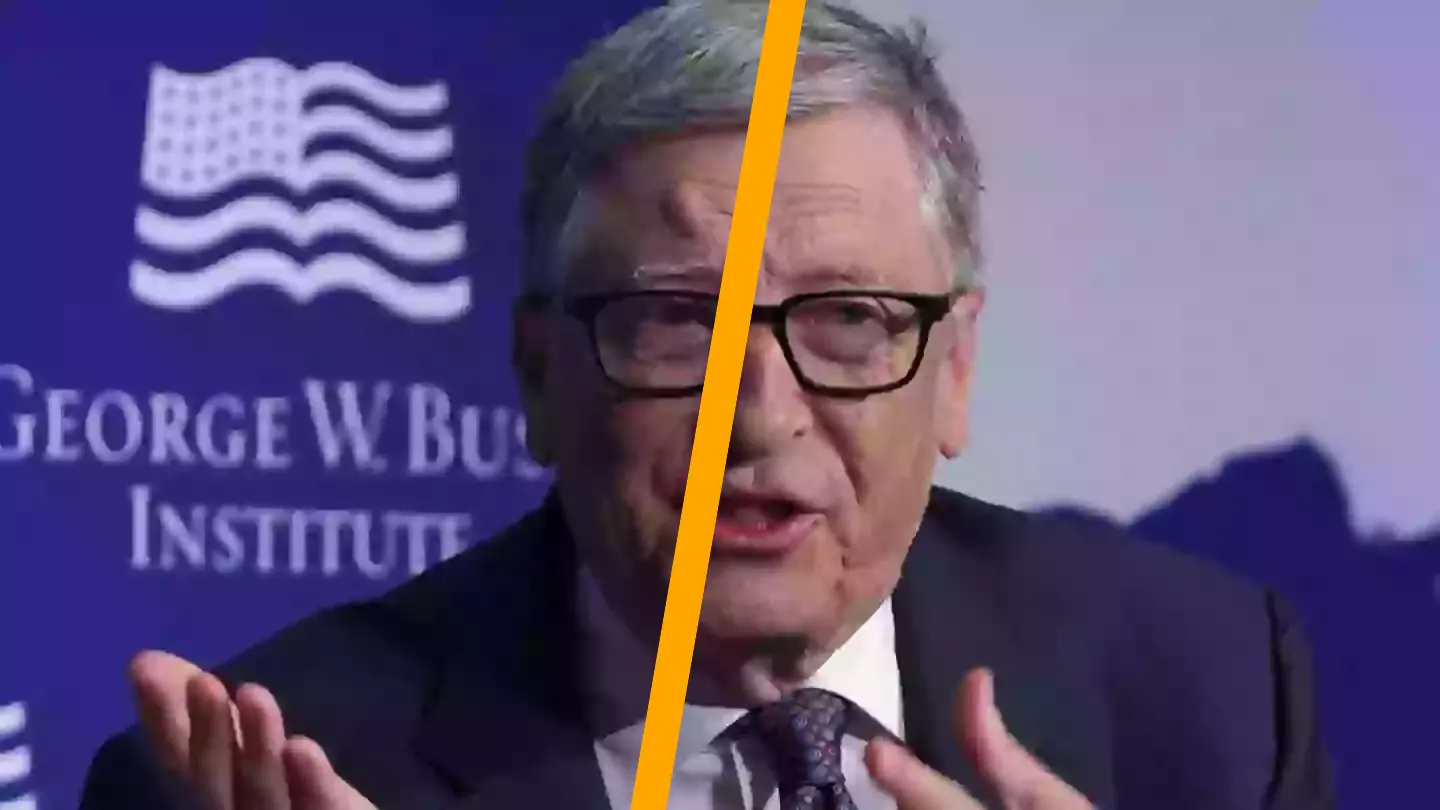As artificial intelligence (AI) increasingly integrates into everyday life, certain jobs are more susceptible to automation than others.
If you’re acquainted with AI applications like ChatGPT, you might already utilize them to streamline your work tasks, such as drafting schedules or getting unstuck creatively.
However, utilizing AI as a tool differs significantly from being entirely replaced by it.
Microsoft’s co-founder, Bill Gates, has offered insights into roles that remain too complex for AI at present. He suggests that jobs in fields like coding, energy, and biology are secure for now.
So, which occupations might be at risk of becoming more automated?
Forbes explored the jobs AI could realistically manage last year, highlighting roles that are already transitioning to automation.
Data entry jobs, for instance, could be at risk due to AI’s capabilities in handling vast amounts of information with speed and accuracy. AI can be particularly advantageous for tasks involving repetitive data management, even if performed occasionally.
If you’ve recently interacted with an AI voice at a restaurant or helpline, you’re aware of AI’s growing presence in customer service. Intelligent systems like Siri and Alexa, which can respond to human inquiries, are now extending these capabilities to customer service, offering tailored responses and handling high volumes of queries efficiently. However, this shift does come at the expense of human empathy.
In manufacturing, robotic technology is already a staple, with AI-enabled robots proficiently managing assembly lines and production tasks. These machines work continuously without the need for breaks, boosting productivity beyond human limits.
Though AI may not match the creative depth of human thought, it can execute basic design tasks, such as crafting social media posts and website layouts. Automating these roles can be cost-effective for companies.
AI’s translation abilities are also noteworthy, enabling real-time multilingual text conversion, offering a more budget-friendly option compared to human translators.
In photography and editing, AI can handle straightforward adjustments, like modifying lighting and framing, although it lacks the creative flair of human professionals.
While the prospect of AI replacing many jobs is concerning, the technology also offers opportunities. It allows humans to focus on complex tasks and simplifies daily life. AI lacks the distinctiveness of human interaction, but as it swiftly advances, embracing the technology might be more beneficial than resisting it.

